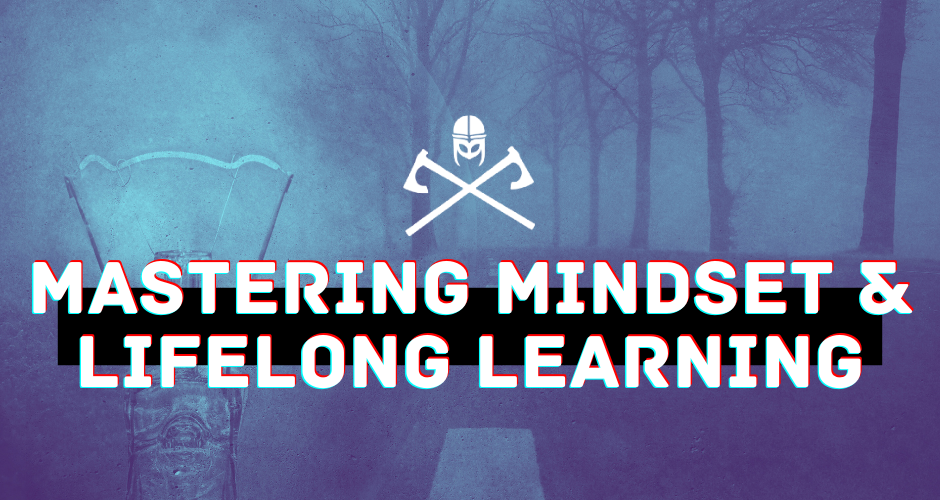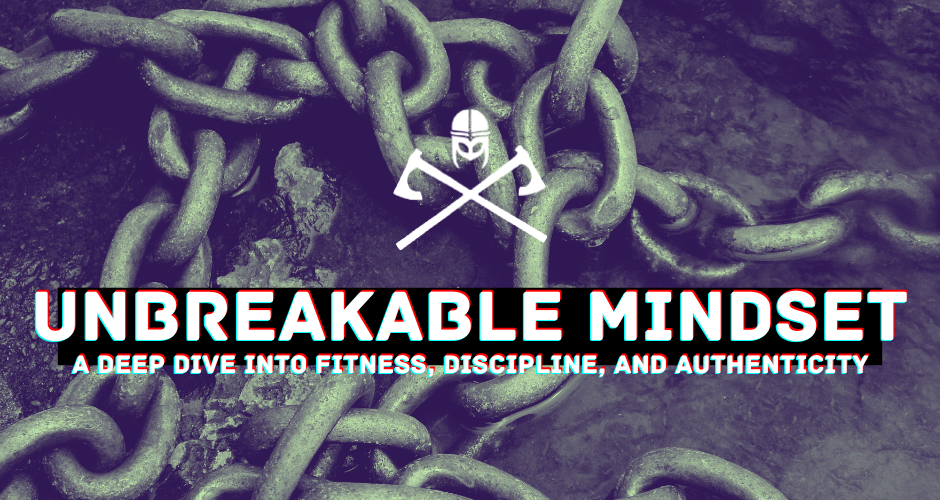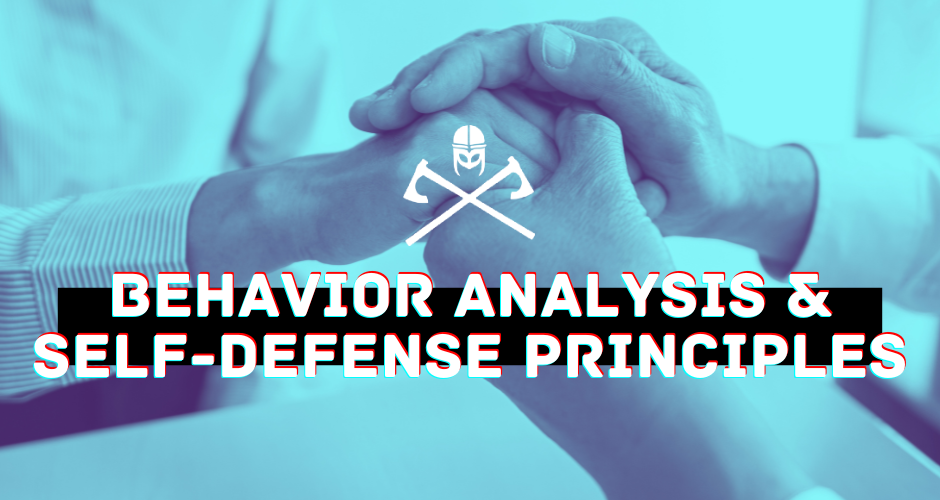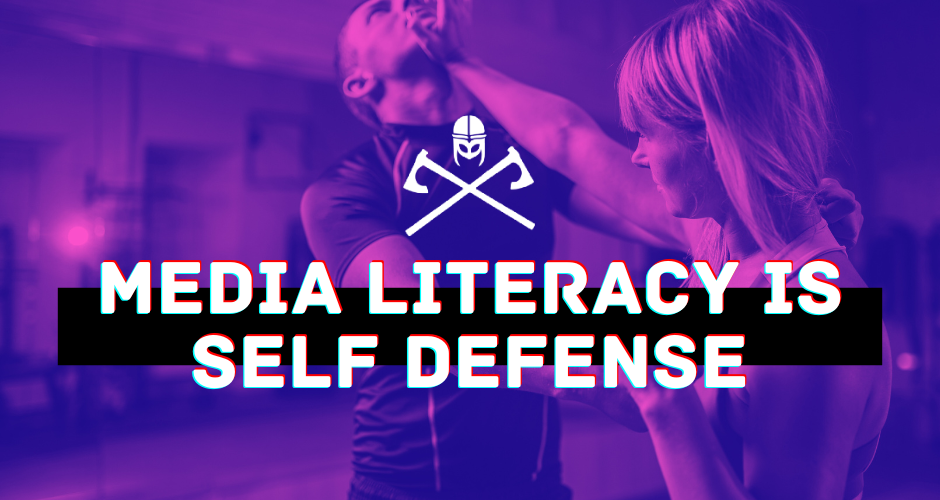
by Gene Crawford | Dec 3, 2024 | Podcast
Are you ready to redefine fitness and well-being as you age? In this episode, Shakeese and I dive into staying strong and mobile into our 40s and beyond. From David Goggins-inspired stories to insights on adapting workouts for aging athletes, we discuss the evolving importance of mobility, nutrition, and tailored routines. Mental resilience is equally vital, and we share strategies to overcome self-doubt and build confidence. Listen in as we explore discipline, mindful practices, and the wisdom of learning from others, leaving you with actionable steps for lifelong physical and mental growth.
(more…)

by Gene Crawford | Nov 25, 2024 | Podcast
Martial arts teacher Dan Bernardo shares his inspiring journey from assistant instructor to founder of his own school. He discusses the profound responsibilities of teaching, the balance between introspection and dynamic practice, and the cultural evolution of martial arts. Dan’s holistic approach emphasizes personal growth, community building, and ethical awareness, making this episode a must-listen for anyone curious about the transformative power of martial arts in life and society.
https://danbernardo.com
https://www.instagram.com/martialcalligrapher
(more…)

by Gene Crawford | Nov 19, 2024 | Podcast
In this Debrief style episode let’s together delve into the balance between fitness and mental resilience, exploring the thin line between disciplined commitment and obsession. With insights from icons like David Goggins and Mark Manson, we uncover what drives extreme exercise and how to keep a healthy perspective. Pro surfer Laird Hamilton and free climber Alex Honnold bring fresh views on risk and motivation, helping us assess personal limits. From transitioning between fitness styles to the significance of martial arts etiquette, we discuss injury prevention, respect, and authenticity—offering a guide to achieving both personal and physical growth.
(more…)

by Gene Crawford | Nov 12, 2024 | Podcast
In this episode, we explore diverse topics, from Madrid subway pickpocketing to crisis management in programs for adults with intellectual disabilities. Ley Linder, a seasoned behavior analyst and gerontologist, shares insights on how empathy and observational skills enhance leadership, self-defense, and even dog training. We also dig into a story about one of Ley’s employees who exemplifies quick thinking during a sensory overload crisis, highlighting the importance of patience in challenging environments. The episode wraps up with a heartfelt discussion on the emotional weight carried by caregivers, offering humor and practical advice on adapting to challenges in fitness and daily life.
(more…)

by Gene Crawford | Oct 30, 2024 | Podcast
In our digital age, media literacy is essential. Misinformation is rampant, often driven by hidden agendas, making it crucial to approach media with a critical eye. Understanding sources, motivations, and biases protects us from the spread of harmful narratives. The concept of “media literacy as self-defense” is key: just as we stay aware in our surroundings, we must safeguard our minds online. This includes verifying sources and recognizing emotional triggers. With informed vigilance, we can resist misinformation and actively uphold truth, building a resilient, media-literate society for the 21st century.
Staying vigilant, hopeful, and actively engaged in challenging misinformation is crucial, just as in physical self-defense.
- There is a lot of misinformation coming from both the right and the left on the internet, media, and social media, which is very dangerous.
- Media literacy is crucial as a form of self-defense against this misinformation and propaganda.
- Certain public figures and politicians have agendas that are solely focused on self-interest, and it’s important to be aware of that when consuming their content.
- The media often uses the excuse of “fairness” to give platforms to those spreading misinformation, which is irresponsible.
- Mainstream media has blurred the lines between journalism and other forms of media, leading to a lack of accountability and standards.
- Institutions and the government need to update legal laws and regulations to address the challenges posed by modern media and communication platforms.
- Individuals need to become more media literate by asking critical questions about the sources and motives behind the information they consume.
- The process of radicalization often exploits people’s emotional vulnerabilities, similar to how manipulative relationships work, and this is happening more frequently due to the lack of regulation in the digital space.
(more…)





